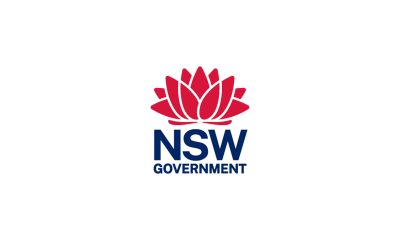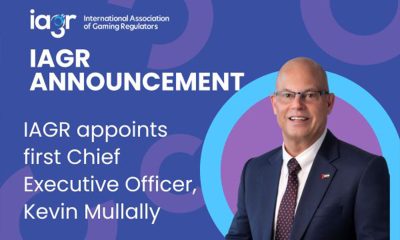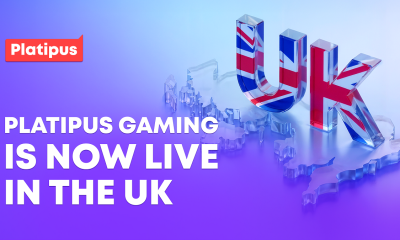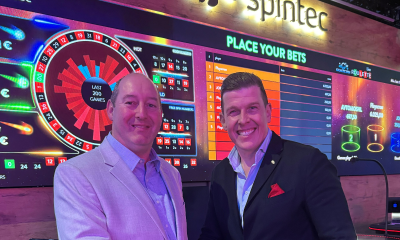Compliance Updates
The Danish Gambling Authority Has Had 79 Illegal Gambling Sites Blocked

On 22 August 2024, the court in Frederiksberg ruled in favour of the Danish Gambling Authority to have 79 websites blocked that offered illegal gambling to Danes.
Among the blocked websites are sites that are particularly aimed at children and young people.
Every year, the Danish Gambling Authority blocks websites that offer gambling products and services to Danes without a licence. The blocks are an important part of the Danish Gambling Authority’s work to protect the players and at the same time ensure a fair and legal gambling market in Denmark.
In 2024, the Danish Gambling Authority has blocked the access to a total of 162 illegal websites that offer gambling to Danes. This is the highest number of blocks in a year so far. Since 2012, a total of 438 websites have been blocked so that they cannot be accessed via a Danish telecommunications provider.
The decision to block websites is made by the courts, and the Danish Gambling Authority has been in court twice this year to have illegal gambling sites blocked. In February, 83 pages were blocked.
The Danish Gambling Authority’s option to block access to the illegal sites is done via a so-called DNS block. This means that the connection between the player and the gambling provider’s website is blocked by the player’s telecommunications provider. If the user tries to access a blocked website, they are greeted by a page stating that the site is illegal and blocked by the Danish Gambling Authority.
“We know that some players will try to bypass the DNS blocks. Therefore, it is very important to us that the information you come across is clear and makes the players aware that they are trying to access a site without a licence. These sites do not have the same level of consumer protection and it can be very risky for a player to use them,” Anders Dorph, Director of the Danish Gambling Authority, said.
Sites without a licence from the Danish Gambling Authority do not necessarily meet the same requirements as sites with a licence, and therefore players do not get the same consumer protection and security on the illegal sites.
It is, for example, impossible to play on a site with a licence if you are under 18 or if you are registered with ROFUS (Register of Voluntarily Excluded Players).
The blocked sites offer different types of gambling such as online casino, online betting and skin betting.
In the latest block, three of the 79 sites contained a new type of skin betting. Here, players can, among other things, use “Robux” as stakes as well as win Robux which is the virtual currency in the computer game Roblox.
“We pay particular attention to this new type of site. Roblox is a game that is very popular among children and young people under the age of 18. Our children should not be introduced to gambling when they play video games, so I am very pleased that we have blocked access to these sites,” said Anders Dorph.
When the Danish Gambling Authority assesses that a website offers gambling illegally without a licence, the Danish Gambling Authority asks the gambling provider to stop the illegal offering. If they do not stop the offer, the telecommunications providers are asked to block their customers’ access to the websites. If this does not happen, the Danish Gambling Authority will proceed with the case and ask the district court to order the Danish telecommunications providers to block the websites.
In the past, only telecommunications providers with membership of the Teleindustrien have been involved in the Danish Gambling Authority’s blocking processes.
In this round of blocking, however, three telecommunications providers who are not members of the Teleindustrien have also blocked access to the illegal sites.
All three telecommunications providers have blocked access to websites with illegal gambling offerings that were part of this blocking process as well as websites covered by previous rulings.
“We are very happy that three more telecommunications providers have closed access. This ensures that even more players are protected from being able to access the illegal sites,” said Anders Dorph.
The post The Danish Gambling Authority Has Had 79 Illegal Gambling Sites Blocked appeared first on European Gaming Industry News.
Brais Pena Chief Strategy Officer at Easygo
Stake Goes Live in Denmark Following Five-Year Licence Approval
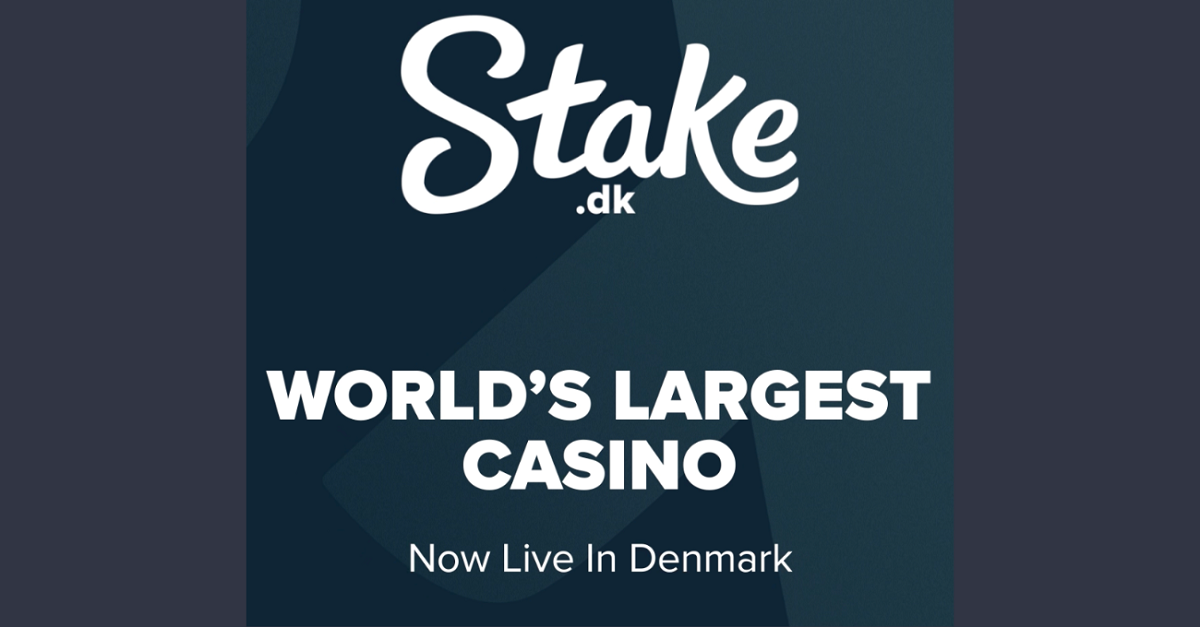
Stake, the largest online casino and sportsbook globally, today proclaims its official entry into Denmark after obtaining a five-year online casino and sports betting license. The shift reinforces Stake’s enduring dedication to enhancing its global growth strategy.
Denmark is often seen as a regulatory success within the European online gambling scene, and Stake has now introduced its flagship, internationally recognized product to the Danish market. Players will unlock access to Stake’s top-tier casino and sportsbook, showcasing exceptional games, cutting-edge technology, and an exceptional user experience, all provided with a strong local emphasis.
Starting 1 March 2026, Stake Denmark will set up its new headquarters at Parken Stadium, the national football stadium of Denmark and the home ground for FC Copenhagen.
Peter Eugen Clausen, Managing Director at Stake Denmark, said: “Denmark has one of the most well-regulated and competitive gaming markets in Europe, and that’s exactly what makes it so exciting. With Stake’s arrival, Danish players can expect a fresh, world-class experience backed by global scale and strong local focus. We’re raising the bar in terms of product, transparency, and entertainment, and I believe increased competition from brands like Stake will only drive the market forward in a positive way.”
Brais Pena, Chief Strategy Officer at Easygo, the technology company behind Stake, said: “Denmark marks our entry into the Nordics and represents a clear win in one of Europe’s most mature and high-value markets. With each new market, our momentum continues to build as we deliver on our global expansion strategy.”
Since its inception in 2017, Stake has positioned itself as the top betting and gaming brand globally by continually presenting advanced technology and novel gaming experiences for players around the globe. Upon entering Denmark, Stake maintains its dedication to player safety and responsible gaming, guaranteeing that gambling stays enjoyable, secure, and entertaining by providing extensive tools and resources that assist customers in comprehending and monitoring their gambling behavior.
The post Stake Goes Live in Denmark Following Five-Year Licence Approval appeared first on Eastern European Gaming | Global iGaming & Tech Intelligence Hub.
Big Daddy Gaming
Big Daddy Gaming® Expands European Footprint After MGA Licence Approval

New achievement bolsters regulatory framework as studio speeds up European expansion.
Innovative slots studio Big Daddy Gaming® has obtained a B2B supplier license from the Malta Gaming Authority (MGA), representing a significant advancement in the studio’s plan to establish a solid, regulation-focused presence in Europe’s leading markets.
This accreditation allows Big Daddy Gaming to provide its expanding range of slot titles to MGA-licensed operators, greatly increasing the studio’s potential market and aiding its continuous commercial rollout in regulated territories.
The endorsement comes after Big Daddy Gaming’s recent attainment of regulatory approval from the Swedish Gambling Authority. This occurs during a time of significant early progress for the newly established studio, with multiple partnerships already in place with well-known operators and aggregators, highlighting the provider’s dedication to fostering long-lasting relationships with top-tier brands.
As a vital element of Big Daddy Gaming’s strategy for market entry, the studio has made certain that its technology, games, and operational procedures comply with one of Europe’s most stringent regulators.
The license further aids the ongoing launch of Big Daddy Gaming’s initial games, which are centered on the studio’s fundamental creative principle of Reel Fun. Real Value., merging recognizable, player-friendly features with a comedic angle, aimed at achieving high engagement and evident commercial success for operators.
The MGA approval signifies a crucial point in Big Daddy Gaming’s early business path, solidifying its role as a new studio dedicated to regulation, dependability, and sustainable growth while it broadens its presence in Europe’s regulated markets.
Erland Hellström, CEO at Big Daddy Gaming®, said: “Securing our MGA licence is an important step for us as we continue to build Big Daddy Gaming® with regulation at the forefront. From day one, our focus has been on creating a studio that operators can trust, both creatively and operationally.
“Malta is one of the most respected regulatory environments in the industry, and achieving this approval reflects the work our team has put into building compliant, market-ready slots. Combined with our recent progress in Sweden, it gives us a strong platform to continue scaling our content with confidence.”
The post Big Daddy Gaming® Expands European Footprint After MGA Licence Approval appeared first on Eastern European Gaming | Global iGaming & Tech Intelligence Hub.
Australia
NSW: Hospitality and Racing Strategy 2026-28 and Regulatory Priorities 2026
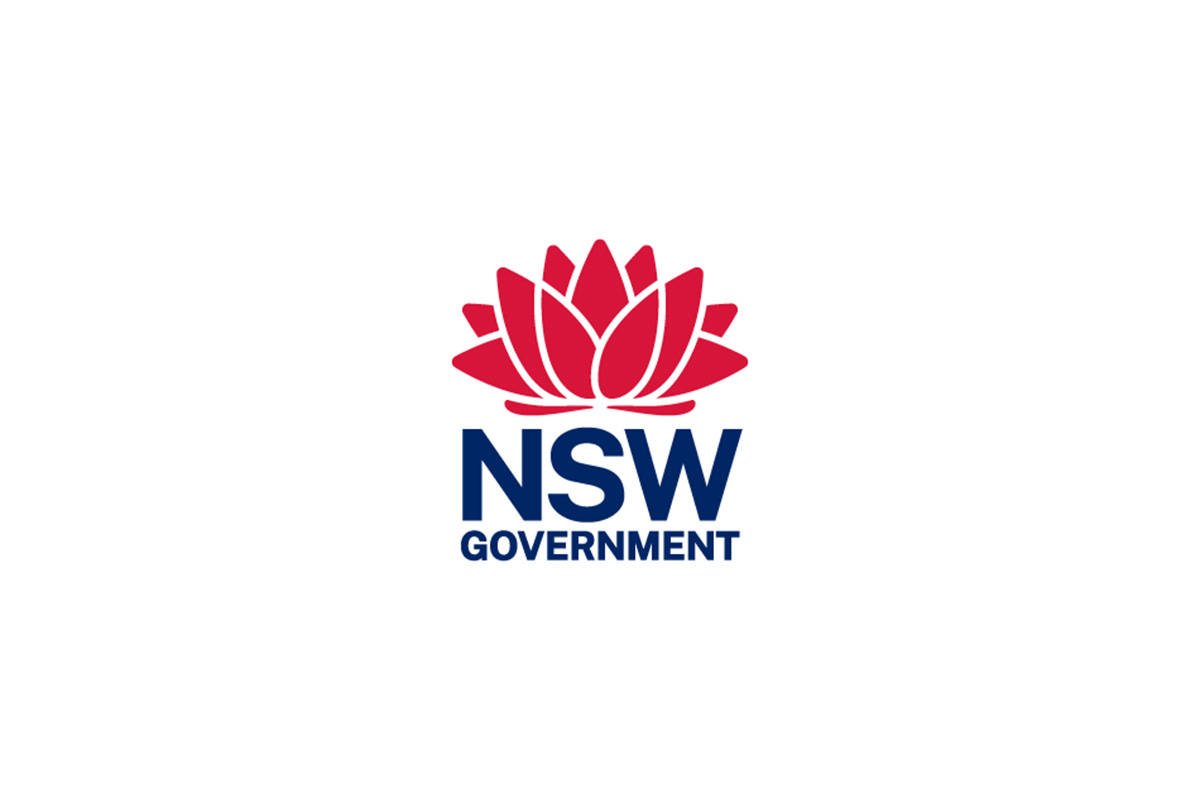
Liquor & Gaming NSW has published the Hospitality and Racing Strategy 2026-28, setting a clear path for reducing harm, supporting responsible industry growth and meeting evolving community expectations. The Strategy outlines Hospitality and Racing’s vision, regulatory posture and strategic objectives.
It outlines three strategic objectives which will guide the work to support communities, individuals and the industry. The first is targeted harm reduction, using better data, education and engagement to focus on the areas where we can make the biggest difference.
The second is outcome‑focused, responsive regulation, by making use of streamlined, place‑based and community‑informed approaches that deliver meaningful, real-world outcomes.
Third is promoting modern tools, skilled teams and smart decisions, investing in its capability, improving how it uses data and supporting consistent decision making across hospitality and racing.
Regulatory Priorities 2026
Alongside the new strategy, Liquor & Gaming NSW has also issued its Regulatory Priorities 2026. This sets out where the department will be focusing its regulatory attention over course of the year. It provides transparency on Liquor & Gaming’s forward regulatory agenda and gives the industry the opportunity to proactively engage about the issues they are concerned about.
The post NSW: Hospitality and Racing Strategy 2026-28 and Regulatory Priorities 2026 appeared first on Eastern European Gaming | Global iGaming & Tech Intelligence Hub.
-

 Amusnet6 days ago
Amusnet6 days agoWeek 7/2026 slot games releases
-

 Aphrodite’s Kiss6 days ago
Aphrodite’s Kiss6 days agoLove on the Reels: Slotland Introduces “Aphrodite’s Kiss”
-

 Brino Games6 days ago
Brino Games6 days agoQTech Games integrates more creative content from Brino Games
-

 Denmark7 days ago
Denmark7 days agoRoyalCasino Partners with ScatterKings for Company’s Danish Launch
-

 Baltics7 days ago
Baltics7 days agoEstonia to Reinstate 5.5% Online Gambling Tax From March 1
-

 Booming Games7 days ago
Booming Games7 days agoTreasure Hunt Revival — Booming Games Launches Gold Gold Gold Hold and Win
-

 ELA Games7 days ago
ELA Games7 days agoELA Games Unveils Tea Party of Fortune — A Magical Multiplier Experience
-

 Bet Rite7 days ago
Bet Rite7 days agoSpintec Expands into Canada with Bet Rite







